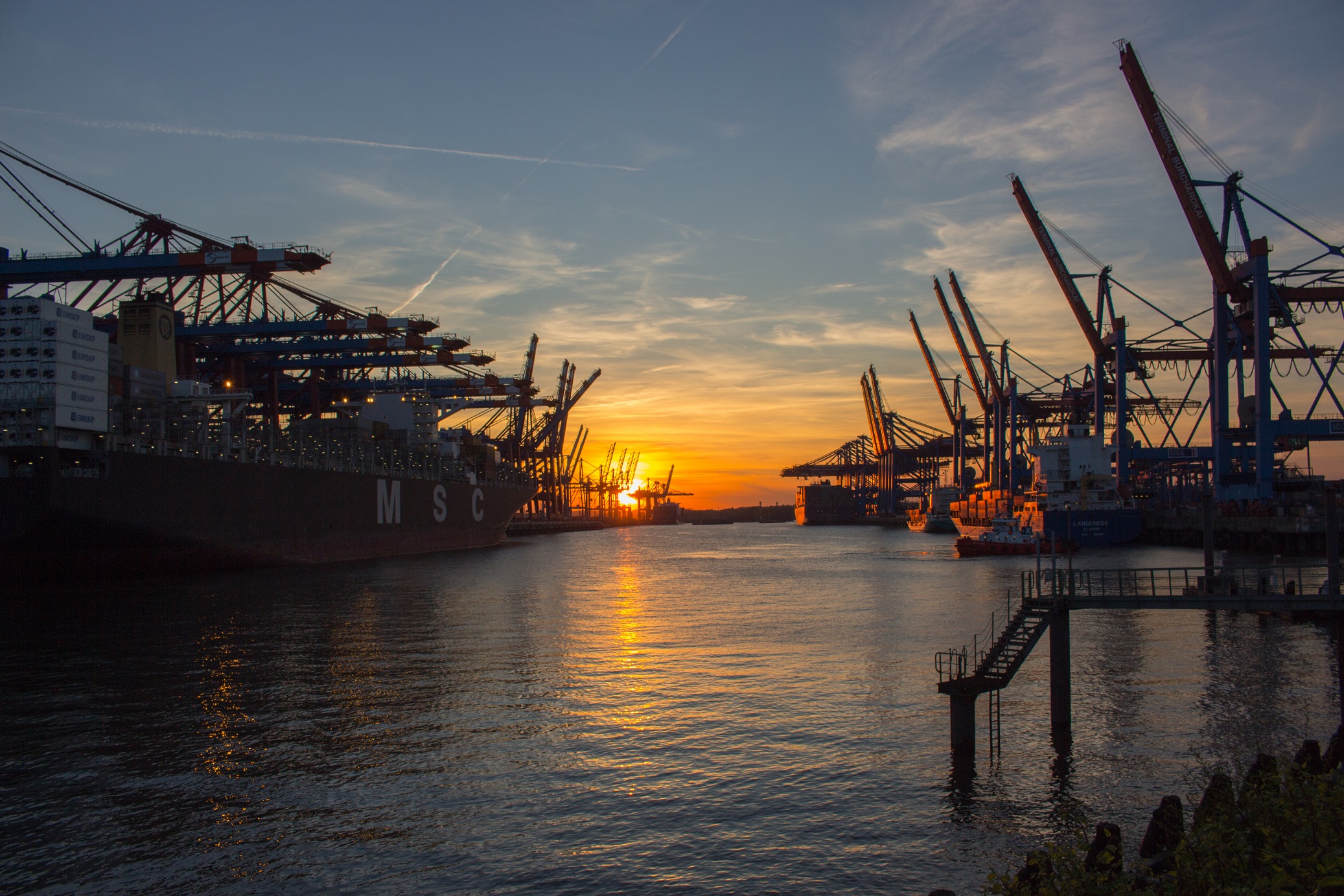Primer: Advice for the Next President on Poverty and the Economy

As the election ends, the challenges that face the 45th president of the United States are front and center. Voters have said the economy is the most important issue they're considering in this election. As more people seek to add their two cents to the next president's agenda, a number of projects are looking to channel the voices of everyday citizens into the civic process. The Letters to the Next President project features letters written by youth across the country, many of which speak to personal experiences with poverty and calls for the president to intervene. One high school student writes:
I live and go to school in one of the poorest areas in the United States. It is so poor because there are no job opportunities. There is a total of 4 restaurants in the whole town of Ferriday. The total population of Ferriday is 3,453 according to the 2013 census. There is trash all over the road, falling houses,drugs, and many more problems. As future President how do you plan to better the poverty rate in Ferriday? The increase of industry and business will improve the poverty rate. This will lead to a better life everyone in the community of Ferriday. This creates more jobs for people who cannot work because there are only so many businesses. Its will reduce the high amount of drugs and the crime rate by a lot. Everyone in the community will benefit from this.
With the widespread focus on the future of the U.S. economy, and poverty as a major issue for voters and communities, some of the experts have weighed in on some policy proposals. Below is a roundup of some the suggestions for the next president's direction.
Poverty
- The Brookings Institution offers an agenda focused around supporting three "'norms' of American life": "graduating from high school, belonging to a family with at least one full-time worker, and having children while married and after age 21", which, they argue, are "correlated closely with economic success."
- In the Nation, TalkPoverty editor Greg Kaufman writes that the president of his dreams, "declares his or herself the Educator-in-Chief on poverty," working to correct outdated (and wrong) perceptions of poverty while starting work to fix a broken welfare system.
- Also at TalkPoverty, Center for American Progress analyst Tracy Ross discusses how the next president can help reverse the stagnation of "high-poverty neighborhoods."
- Cleveland State University professor Ronnie Dunn looks at the connections between race, the criminal justice system, and poverty, concluding that the next president needs to consider a "Marshall plan" for impoverished communities while reconsidering the war on drugs.
- Geoffry Garrett of the Wharton School offers 5 suggestions for the next president, starting with acknowledging some "hard truths" about the low-growth economy.
The Bigger Picture
Nobel laureate Joseph Stiglitz says that fixing the economy is "not about immigration, trade deals, or any relationship with Russia." Instead, it's about rethinking the basic way we measure our economy:
The G.D.P. is a classic example of body-count economics. Before the current crisis, many in Europe, looking at America’s success in increasing G.D.P., encouraged their leaders to follow American-style capitalism and economic policies… The G.D.P. data before the crisis told us that some 40 percent of all corporate profits arose from finance—and so, we thought, the best way to expand the economy must be to expand the financial sector. That meant stripping away regulations that might impede its growth…
There have in fact been a number of proposals to revise G.D.P. by “baking in” new metrics that take account of quality of life. The important question for an economy—for any economy—is whether growth is sustainable: sustainable economically, politically, socially, and environmentally. What’s an economy for?—that’s the bedrock question.
Another voice weighing in on the post-Obama world; President Obama himself. In an op-ed for the Economist, he writes:
A capitalism shaped by the few and unaccountable to the many is a threat to all. Economies are more successful when we close the gap between rich and poor and growth is broadly based. A world in which 1% of humanity controls as much wealth as the other 99% will never be stable…
Fully restoring faith in an economy where hardworking Americans can get ahead requires addressing four major structural challenges: boosting productivity growth, combating rising inequality, ensuring that everyone who wants a job can get one and building a resilient economy that’s primed for future growth.
Former White House economic advisor Larry Summers argues in the Washington Post that there's a powerful case for the next president increasing national infrastructure spending by one percent of GDP, which would have outsized benefits for the economy.
Suggestions for the next president might do well to keep in mind some of the constraints the next president will face. WSJ's Nick Timiraos writes forebodingly that "Whoever wins in November will enjoy far less latitude to spend money or cut taxes than any president since World War II." At the same time, some economists are predicting a significant chance of another recession in the next four years, though others argue this is far from certain.
Click here for more quick reads featuring interesting articles on philanthropy and impact investing